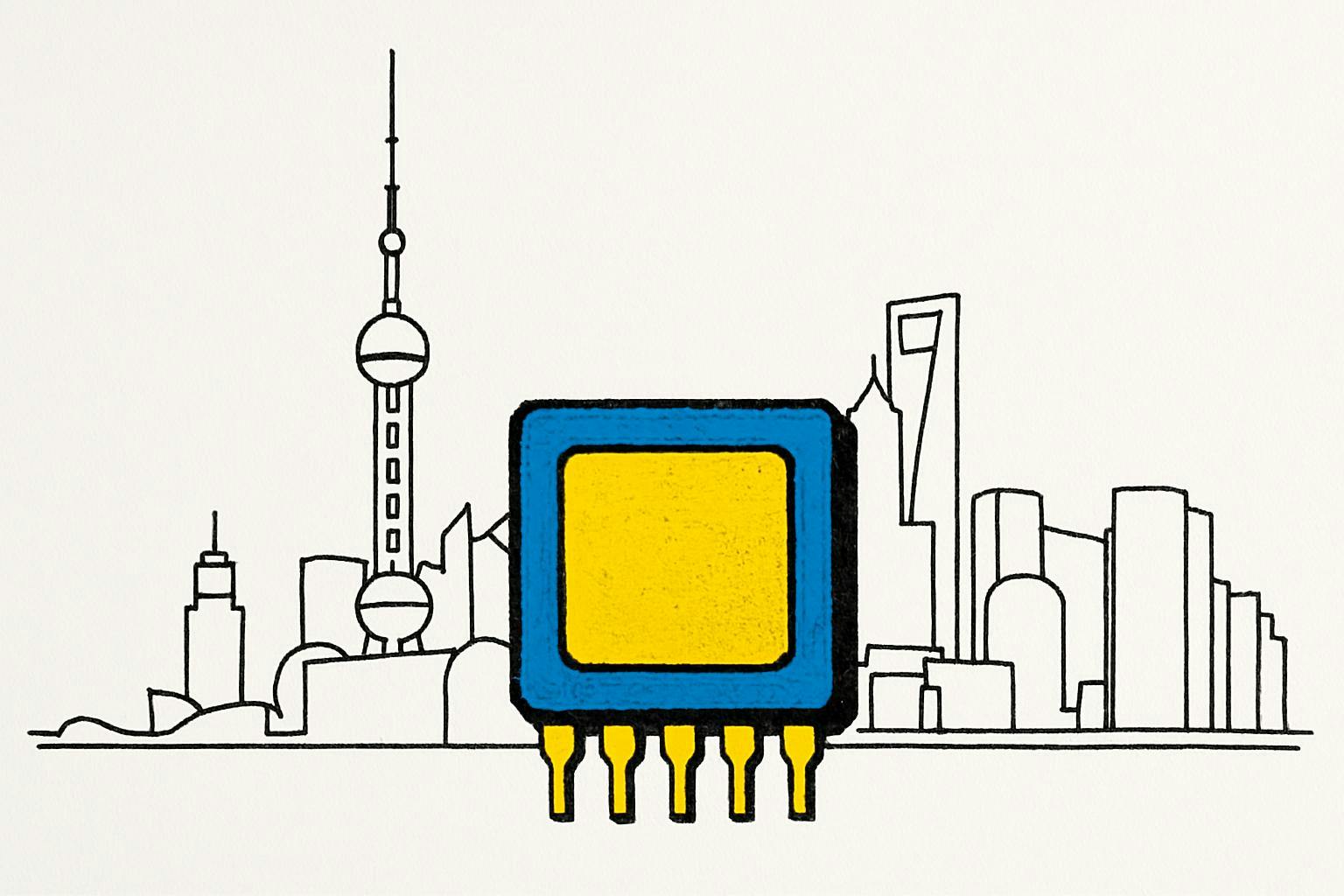What’s going on here?
China’s Shanghai Composite Index just closed at its highest point in a decade, driven by a rush of investor interest in chip and artificial intelligence stocks after leaders reiterated their tech ambitions.
What does this mean?
Chinese stocks staged a major rally this week, with the tech-heavy STAR 50 Index jumping 4.4% as chipmaking and AI firms led the pack. This reaction followed top party officials doubling down on technology self-sufficiency as a core theme for the nation’s 2026–2030 growth blueprint. While policy documents put high-tech front and center, sectors like real estate and finance fell behind with scant attention in the latest plans. Even with ongoing tensions with the US and trade talks in the background, Beijing’s reaffirmed 2024 economic targets lifted the mood, and analysts at Goldman Sachs say this approach signals a focus on high-quality, innovation-led growth. Nomura thinks the government’s still eyeing near-term stability, such as fiscal expansion and fine-tuning interest rates, to support the economy.
Why should I care?
For markets: Tech takes the spotlight as traditional sectors lag.
China’s tech-first approach just powered its longest market winning streak in months, sending the CSI300 and Hang Seng higher thanks to surging interest in chips and AI. Investors are betting big on these sectors, seeing them as China’s ticket to global competitiveness. On the flip side, more traditional stocks like consumer, finance, and real estate took a back seat as policy support stayed squarely focused on advanced tech.
The bigger picture: China’s growth game plan gets a high-tech upgrade.
By doubling down on tech self-reliance and digital infrastructure, China’s signaling a lasting shift in its economic priorities—aiming to future-proof its economy even as global competition heats up. That redirection means the country’s markets will likely stay sensitive to both domestic policy changes and worldwide tech trends, reinforcing China’s long-term focus on security and innovation.

